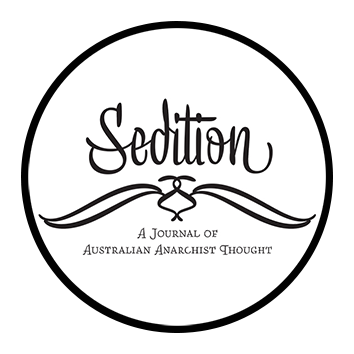Some summer reading and thinking
Summer holidays called for a little light reading and thinking. I've recently finished my tenth read of Ursula Le Guin's The Dispossessed. Crazy you might think, but I find it endlessly fascinating for the global craft-work, deep thought, and fine word-smithing that forms the composition of this exceptional book - the best utopian classic of the C20th - maybe of all time. The book contrasts two societies, one on Urras 'Earth' and one on Anarres, its habitable moon. A revolution had occurred on Urras some generations earlier, with a resulting peace treaty that sent the revolutionaries to Anarres to build their anarchist society. The story is of Shevek, an Anarresti who goes to Urras to further develop his theories in Physics, the first Anarresti to 'return' in 200 years. Thus the book is a series of contrasting, alternating chapters, one on anarchist Anarres and then one on authoritarian Urras. Neither world is perfect, even in their own terms, but it is the exploration of these internal complexities and external contrasts that forms the rich loam of ideas that Le Guin explores. These areas range from individualism & collectivism, to sexuality, government & governance, economics & consumerism to ecology and parenting - among many other critically important areas of human activity. Well worth another read in a year or three! I'll still find something new to think about - the things are that make us human, and to explore the struggle to be human.
Now, while also finishing scott crow's Black Flags and Windmills: Anarchy, Hope and the Common Ground Collective (which I reviewed a few weeks ago here), I realised how similar the two books were in so many ways (Black Flags and The Dispossessed). Both have a protagonist searching for meaning in life, truth (but without the capital 'T'), and struggling against the tide. In scott crow's case, it is literally the giant tide caused by the flooding of New Orleans by hurricane Katrina in 2005, as well as against the human tides of racism, sexism, governmental chaos and ineptitude, and exhaustion and struggle in helping thousands of abandoned people. Of course, the fundamental similarity between the two 'stories' is that of the anarchist approach in fighting the authoritarianism of the various States and statist ideas. Both books are fundamentally about building anarchist structures of self-help and community as against greed, exploitation and domination. In many ways, the story of building the Common Ground Collective in New Orleans is so like the struggle to build the anarchist society of Anarres.
Both are immensely inspiring books.


